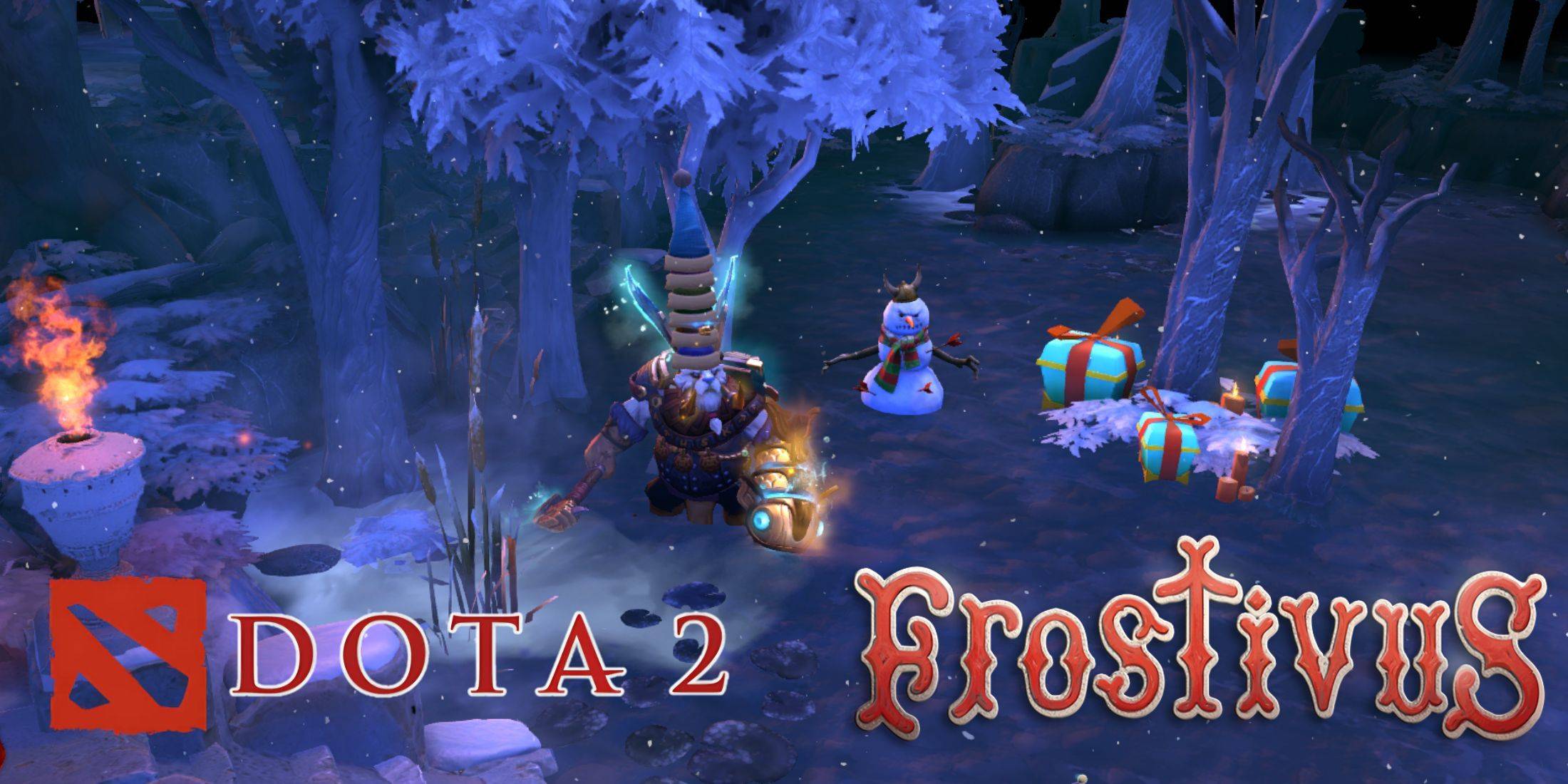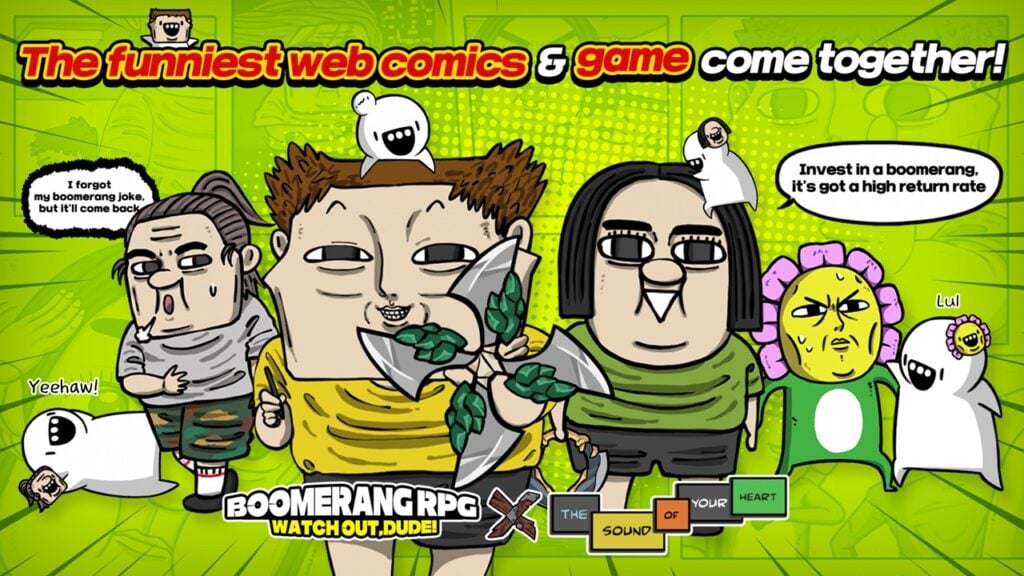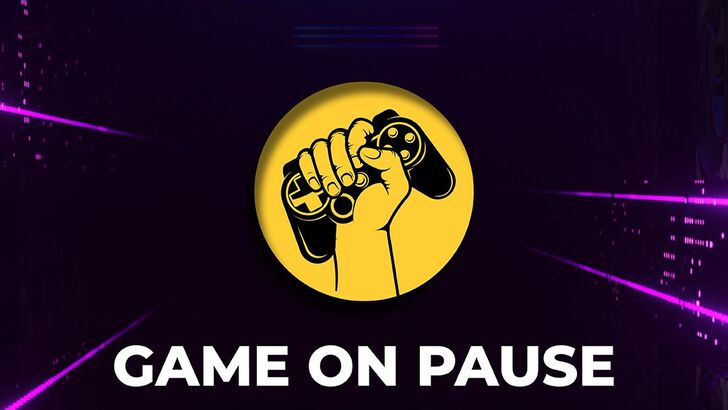 The video game industry faces potential upheaval as SAG-AFTRA, the union representing voice actors and performance artists, has authorized a strike against major game developers. This action highlights a critical conflict over fair labor practices and the ethical implications of artificial intelligence in the industry.
The video game industry faces potential upheaval as SAG-AFTRA, the union representing voice actors and performance artists, has authorized a strike against major game developers. This action highlights a critical conflict over fair labor practices and the ethical implications of artificial intelligence in the industry.
SAG-AFTRA Authorizes Strike: A Fight for AI Protections
SAG-AFTRA's Announcement
On July 20th, the SAG-AFTRA National Board unanimously voted to authorize its National Executive Director & Chief Negotiator to call a strike if necessary. This potential strike would impact all services under the Interactive Media Agreement (IMA), halting work by all SAG-AFTRA members on affected projects. The central issue is securing robust AI protections for video game performers.
National Executive Director & Chief Negotiator Duncan Crabtree-Ireland underscored the union's unwavering commitment, stating that the overwhelming support for strike authorization (over 98%) reflects the urgency of securing fair treatment, particularly regarding AI. He stressed the importance of a deal that protects the actors whose performances are vital to the success of video games. The deadline for a resolution is fast approaching.
Key Issues and Industry Impact
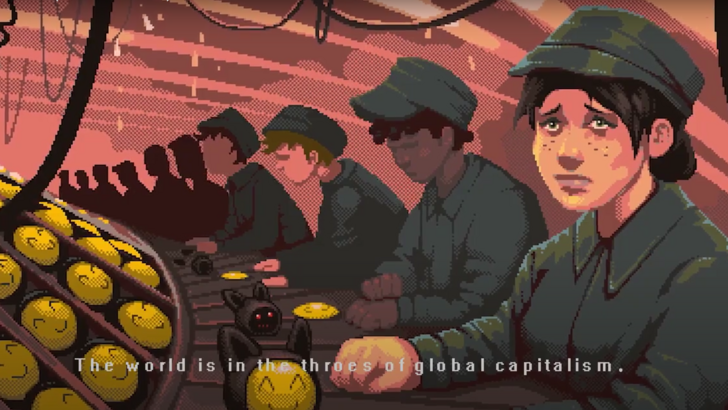 The potential strike stems from concerns about the unregulated use of AI in voice acting and performance capture. Currently, no safeguards exist to protect actors from AI replication of their likenesses and performances. The union advocates for fair compensation for actual performances, and clear guidelines and payment for any AI usage.
The potential strike stems from concerns about the unregulated use of AI in voice acting and performance capture. Currently, no safeguards exist to protect actors from AI replication of their likenesses and performances. The union advocates for fair compensation for actual performances, and clear guidelines and payment for any AI usage.
Beyond AI, SAG-AFTRA seeks wage increases to match inflation (11% retroactive increase and 4% increases in subsequent years), improved on-set safety measures (including mandatory rest periods, on-site medics for hazardous work, vocal stress protections, and eliminating stunt requirements in self-taped auditions).
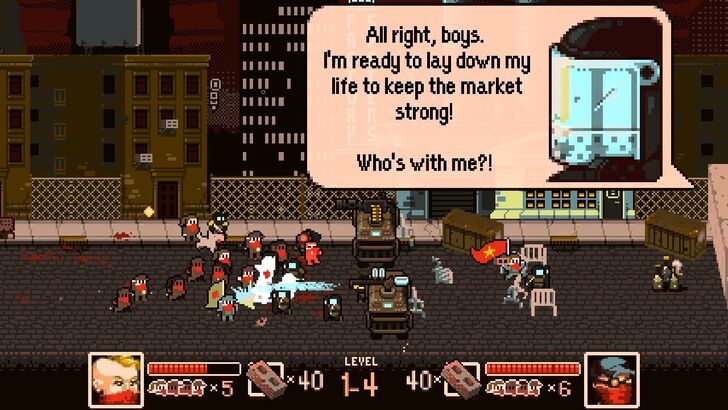 The potential impact of a strike on game development is uncertain, though disruption is likely. Unlike film and television, video game production spans years. While a strike might slow specific development phases, the overall effect on game release dates remains unclear.
The potential impact of a strike on game development is uncertain, though disruption is likely. Unlike film and television, video game production spans years. While a strike might slow specific development phases, the overall effect on game release dates remains unclear.
Companies Involved and Their Responses
The strike targets ten major companies:
⚫︎ Activision Productions Inc.
⚫︎ Blindlight LLC
⚫︎ Disney Character Voices Inc.
⚫︎ Electronic Arts Productions Inc.
⚫︎ Epic Games, Inc.
⚫︎ Formosa Interactive LLC
⚫︎ Insomniac Games Inc.
⚫︎ Take 2 Productions Inc.
⚫︎ VoiceWorks Productions Inc.
⚫︎ WB Games Inc.
Epic Games has publicly supported SAG-AFTRA's position, with CEO Tim Sweeney stating that game companies shouldn't obtain generative AI training rights from voice recording sessions. Other companies have yet to release official statements.
Background and History
 This conflict began in September 2023 when SAG-AFTRA sought member authorization for a strike before contract negotiations. The vote overwhelmingly favored a strike (98.32%). Negotiations have since stalled, despite extending the previous contract (expired November 2022).
This conflict began in September 2023 when SAG-AFTRA sought member authorization for a strike before contract negotiations. The vote overwhelmingly favored a strike (98.32%). Negotiations have since stalled, despite extending the previous contract (expired November 2022).
This situation echoes a 2016 strike lasting 340 days, which focused on base pay, safety, and residuals. While that strike concluded with a compromise, many members remained dissatisfied.
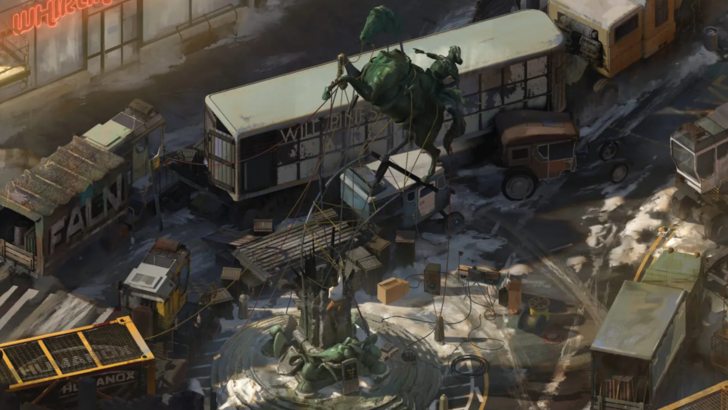 In January 2024, a deal with Replica Studios, an AI voice provider, drew criticism, fueling internal union tensions over AI's role in performance capture.
In January 2024, a deal with Replica Studios, an AI voice provider, drew criticism, fueling internal union tensions over AI's role in performance capture.
The strike authorization signifies a critical juncture in the fight for fair labor practices in the gaming industry. The outcome will significantly impact AI's use in performance capture and the treatment of video game performers. Protecting human creativity and preventing AI from replacing human talent is paramount in this rapidly evolving technological landscape. A swift resolution addressing the union's concerns is crucial.
 Ev
Ev  Navigasyon
Navigasyon






 En son makaleler
En son makaleler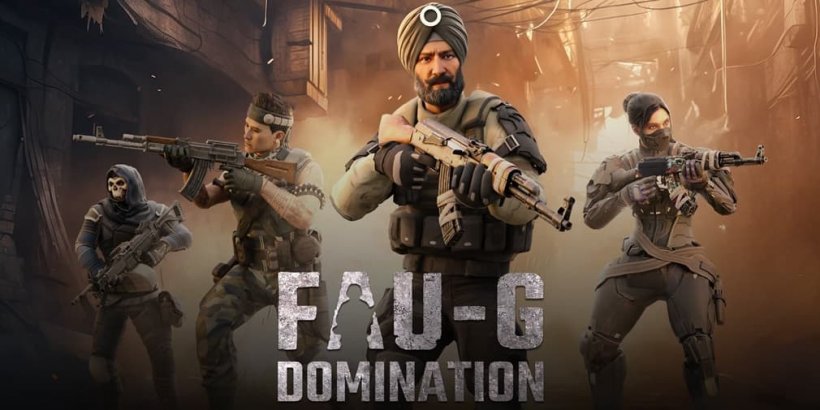
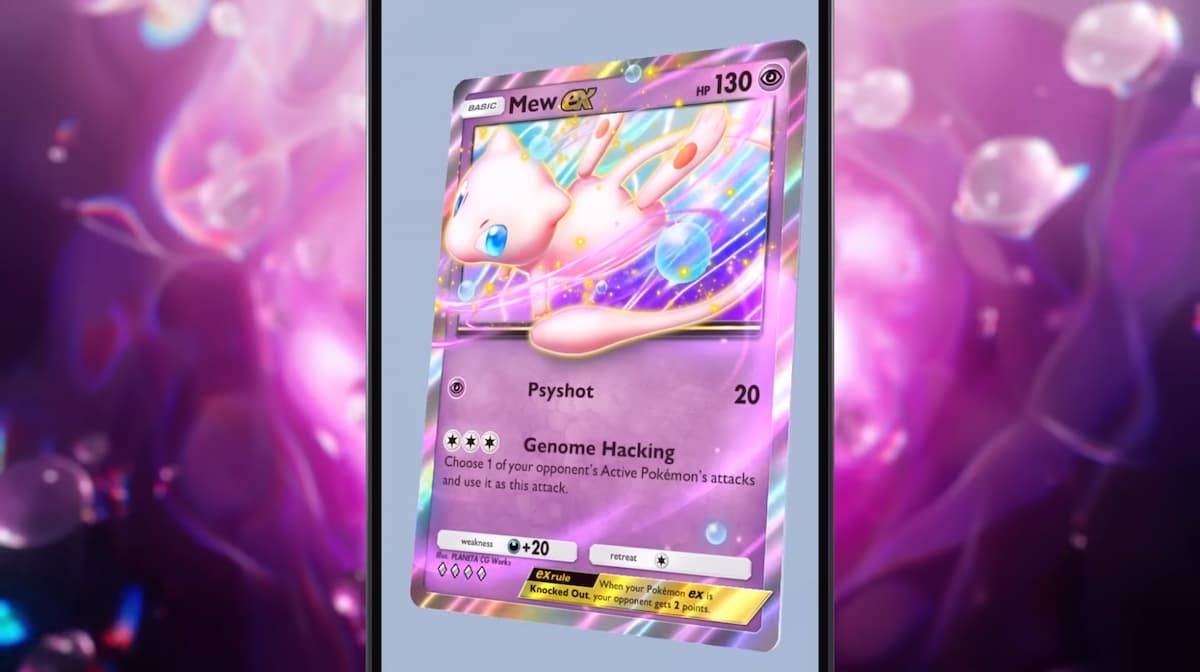









 En Yeni Oyunlar
En Yeni Oyunlar










